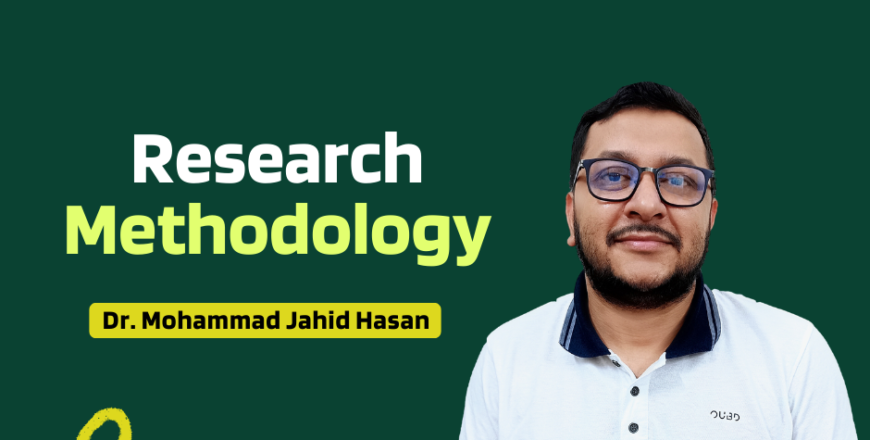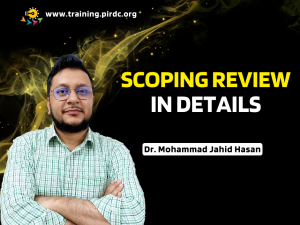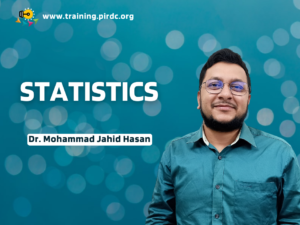Research Methodology
- Description
- Curriculum
- Reviews
This course will cover different study designs, defining a problem and hypothesis formulation, as well as types of research. Knowledge of different methodologies and an understanding of the data are required for a study design. With that in mind, the participants will proceed with data collection, sampling techniques, and how to use primary and secondary data sources. This course places an emphasis on practical application. As a result, the theoretical understanding of research methodology is structured through a framework that compares the two approaches side by side for both quantitative and qualitative research.
The comprehensive nature of the course work ensures that students and professionals will be able to comprehend and implement it. At the end of the course, students will work on a short group assignment focused on study design to demonstrate their understanding of the concepts covered throughout. Then, instructors will provide feedback and handle the particular needs of each student. The entire teaching process would be interactive and exploratory. The lessons would include Power Point presentations and hands-on practice through group projects.
Learning outcomes
By the end of this course you should have a good, practical understanding of:
- Research question formulation, sample selection and randomisation, study design
- Data types, standard errors, confidence intervals and p-values
- Parametric and nonparametric assumptions and tests
- How to select an appropriate statistical test










